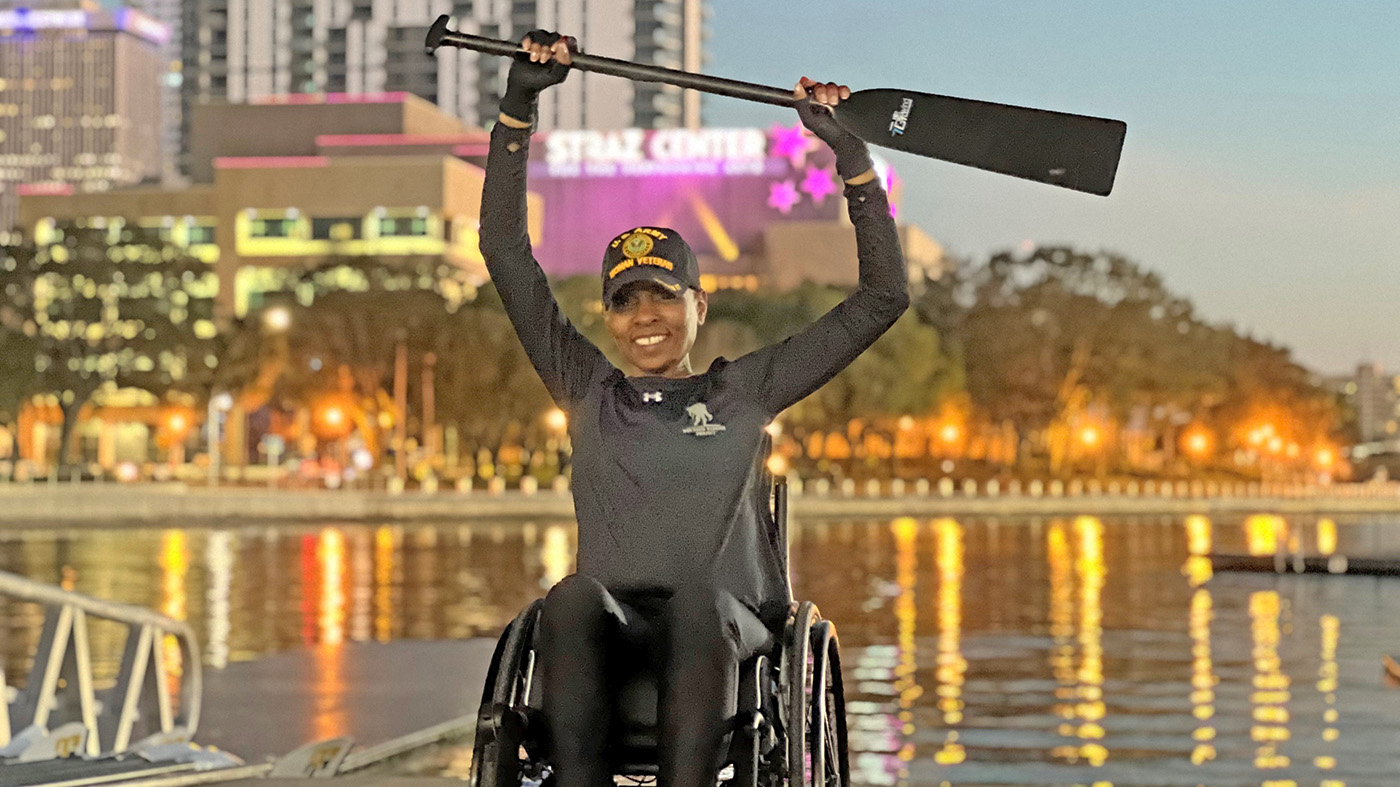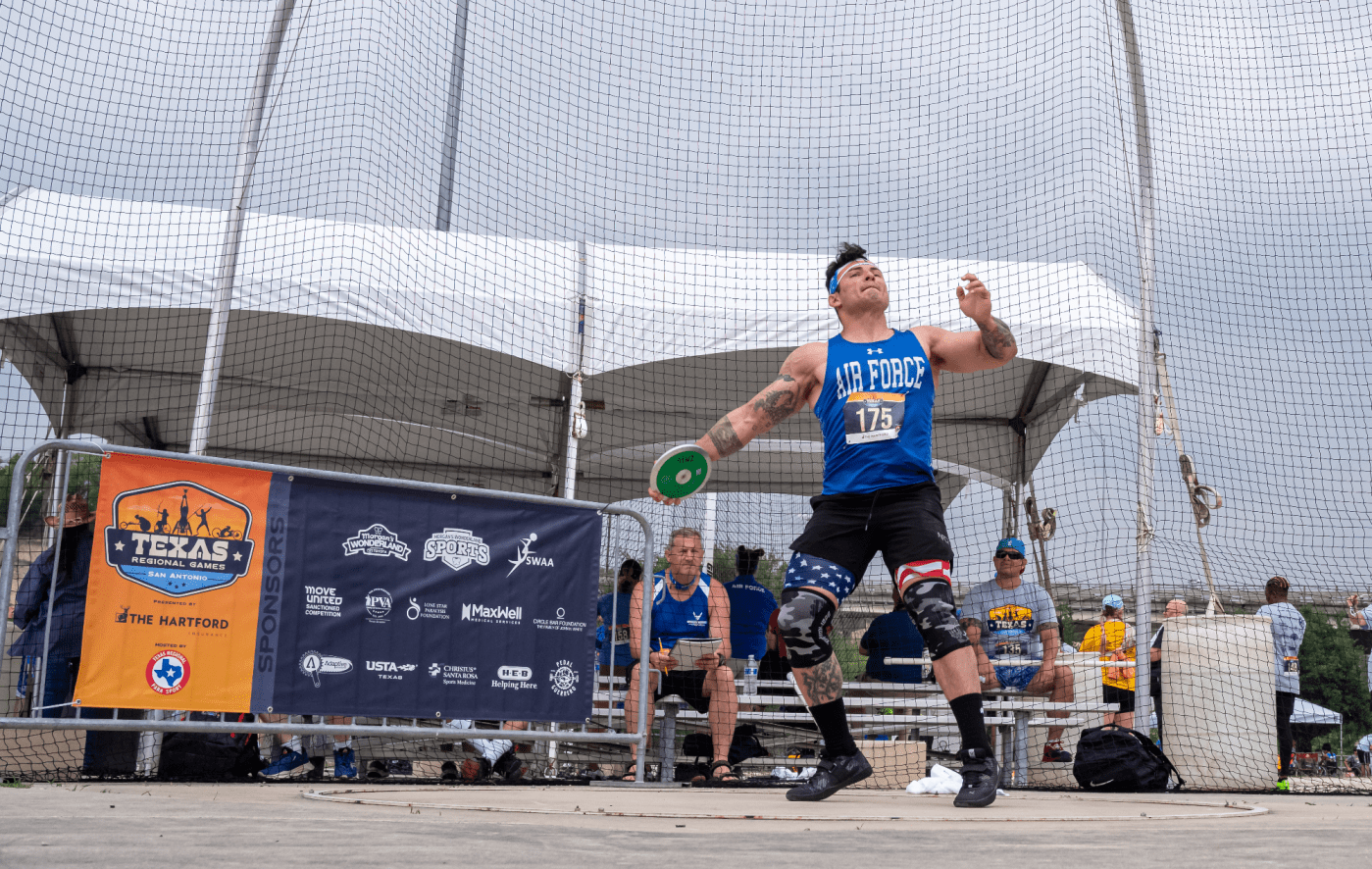
The Department of Veterans Affairs is working to expand to meet the growing healthcare needs of OIF/OEF Veterans, especially women. Additionally, the current administration is working to lower the number of Veterans who face unemployment as well as striving to create educational resources that will help troops overcome the stigma of mental health injuries.
Clearly, there are many challenges facing returning Veterans. It is easy to point out failures in the government response, but that would only be half of the story. There have been some notable successes; it’s just that when something works it hasn’t received as much attention.
One such initiative that is working is the National Resource Directory.
A partnership of the U.S. Departments of Defense, Labor and Veterans Affairs, the National Resource Directory (NRD) creates a link between military and Veteran communities and the areas they live in by providing online access to nearly 14,000 programs, services and resources at the national, state and community levels. With nine different subject areas, including education & training, employment, homeless assistance, and health care, the NRD helps Veterans, Service Members and their families navigate numerous organizations, government and non-government, offering help.
Service Members and Veterans using the NRD can be sure the resources they find are reliable. Each resource is checked by a member of the NRD team, many of them Veterans, to make sure that a charitable organization has current paperwork with the IRS, provides a needed service and isn’t out to make a buck off of the military community.
Through community and government partnerships, the NRD is honored to be the first destination in the search for programs and information concerning the military community, their families, caregivers and the vast network of civilian support.
Staff Sergeant Jennifer Hunt has served 10 years as a Civil Affairs Specialist in the Army Reserve during which time she has deployed to both Afghanistan and Iraq. Since returning from her latest deployment, Jennifer has worked to raise awareness about the issues facing female Veterans returning from war and reintegrating into the civilian world. She currently works on the National Resource Directory as a content manager.
Topics in this story
More Stories
Army Veteran Malika Montgomery says one of the things that helped her live her best life with multiple sclerosis was surrounding herself with positive people.
Acknowledging the issues that Veterans face and working toward solutions is crucial for ensuring they have the support they need to thrive in civilian life.
Last year, Move United hosted 26 adaptive sports competitions in 22 states for 1,537 individual athletes. This year, that number is increasing to 35 events in 24 states for even more Veteran athletes.






I agree that the National Resource Directory is a great wealth of information that I am glad to see being implemented to help our returning veterans. We need to focus more efforts to take care of our veterans and help them to transition back into a civilian lifestyle, and this directory does just that.
We are in the process of creating a Native American veteran resource guide. Please email me? Thanks
We are creating a resource guide for Native American veterans. Please contact me by email. Thanks
I’m a current VA employee and Retired Veteran, and I have helped many Veterans from all War Eras, I have seen a great change in the way the VA is treating Veterans of Previous Wars,ie WWII, Korea and Vietnam, The present Veterans of Iraq & Afghanistan are getting more recognition and assistance from the VA than their previous Counterparts. This is very unfair because we all served for the same cause and risked our lives then (when needed) and never got recognized. I hope someone in congress looks into the reality of whats happening to the Veterans of Previous conflicts they deserve assistance the same as our present Veterans.
Hey Army vet,
They did! Congressional Hearing/ Veterans Affairs July 15, 2010. They mentioned us on 4 lines. I got this saying ” the next war America gets into , they should send every dam VA employee to fight, ” They can deny the enemy to death” they’re well trained and hey that’s what they do. Not you of course, you’re retired. The NRD, now that’s a good place to go waste your time. Are they in the denial business, too? Glad you’re working at the VA. That’s what the dysfuntional VA needs. Veterans working and running the whole dept. instead of what they call veterans affairs. What a joke, biggest scam ever pulled on the American Taxpayers. Billions of dollars,taxpayers money set aside for veterans stolen by a bunch of worthless liars, theives and beaurecrats. “THESE PEOPLE” got no shame.
I wish the older Vets with problems could get half the help the OIE/OEF vet do. They get pushed to the back burner and the newer younger Vets get the help first. I don’t begruge them their due but don’t forget the Vietnam boys like they did when they got back. I’ve been fighting for over a year for my husband’s surgery and still haven’t gotten anywhere. It gets old when you get told ” I’m only here 4 days a week and the current vets come first.”
Terrific idea. With 14,000 programs, it should cover all bases for the Veterans.
And Jennifer…Thank YOU for your service to the country!
It’s good to hear. I’m glad they aren’t wasting their resources on the Veterans Administration and their excuses they don’t have enough money or personnel. Thus, it takes years to get through the system of claims…. the ones that make up for ability to work in needed dollars. Even the last thing done to process your claim takes less than 28 days. But, with excuses, its NINE MONTHS.
The country is doing a lot for us vets. Unless you happen to be crippled by your worn out bodies and chemicals of war.